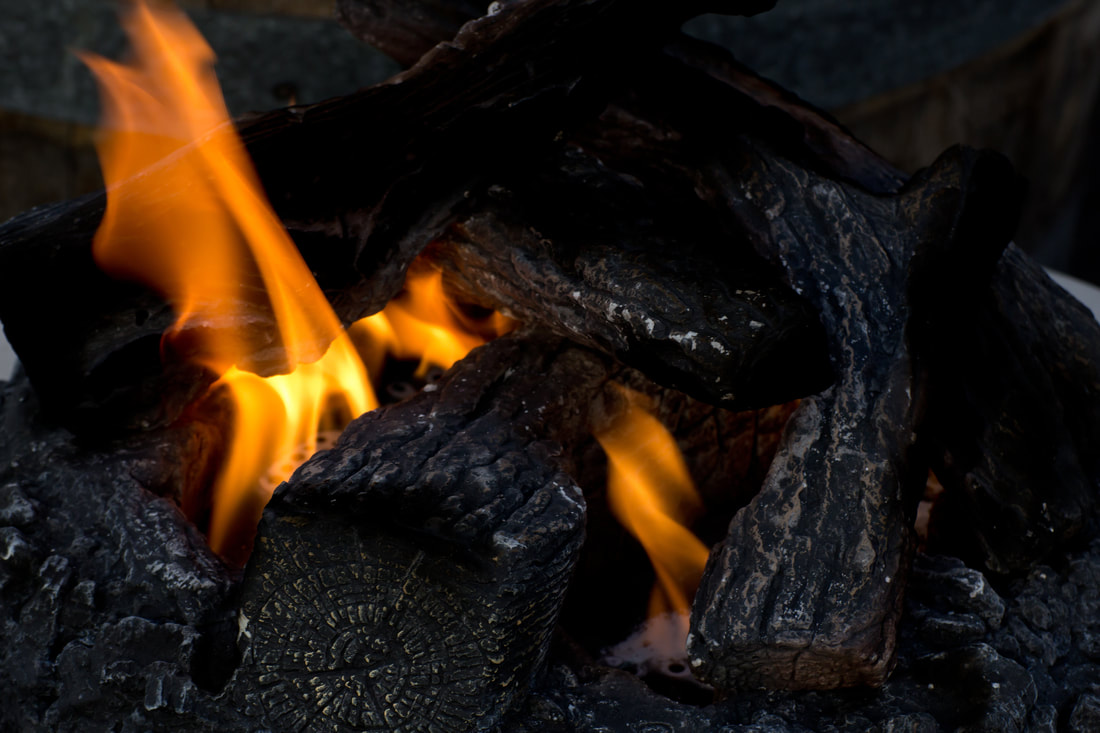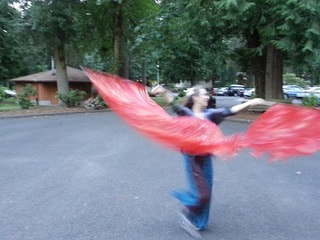The Embodied Soul
Categories
Archives
July 2024
May 2024
May 2022
March 2022
December 2021
August 2021
February 2021
October 2020
June 2020
May 2020
March 2020
November 2019
October 2019
January 2019
September 2018
May 2018
April 2018
March 2018
October 2017
June 2017
November 2016
April 2016
September 2015
July 2015
June 2015
March 2015
January 2015
October 2014
September 2014
August 2014
June 2014
April 2014
March 2014
September 2013
April 2013
January 2013



 RSS Feed
RSS Feed